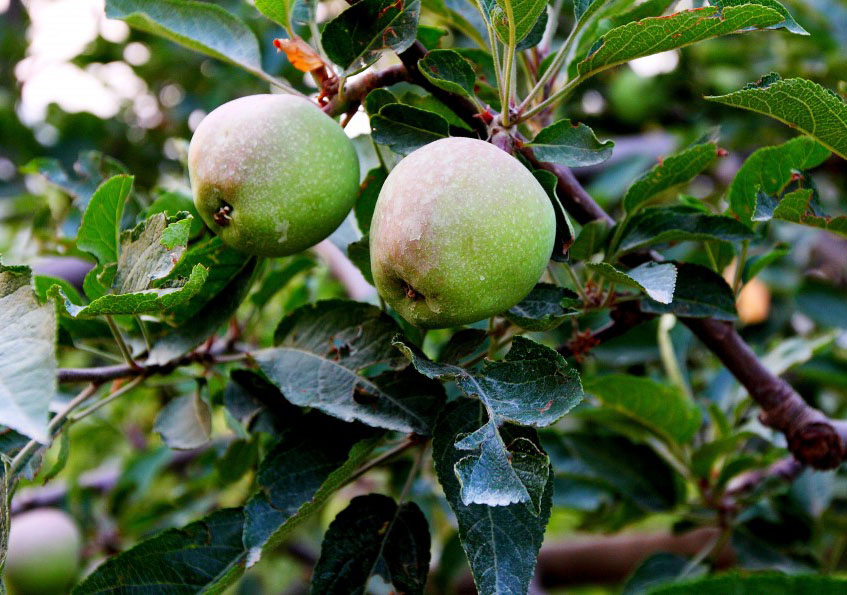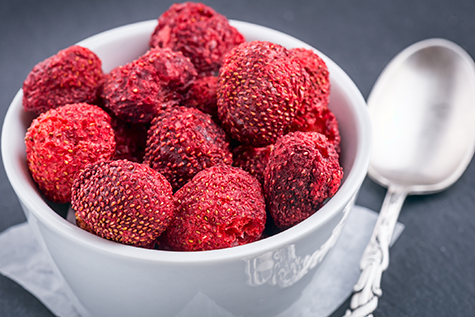Age-Fighting Quercetin Is Anti-Inflammatory


Quercetin (pronounced kwer-suh-tin) has been in the news recently, and for good reason. This yellow pigment is a flavonoid that occurs in apples, grape skin, red onions, and green tea.
While quercetin’s presence in foods has long been recognized, it has only been lately that some of its remarkable effects have come to light.
Quercetin’s recently discovered properties include protective effects against cancer, cardiovascular disease, allergies and immune dysfunction — all of which, if prevented, could help improve or extend life.
For life extensionists, however, the most exciting research involves the use of quercetin as a potential treatment for aging.
 Quercetin Extends Life Span
Quercetin Extends Life Span
Quercetin has antioxidant as well as anti-inflammatory properties. It also improves DNA repair, which could help slow down some of the signs of aging.
In research involving the roundworm Caenorhabditis elegans, the addition of quercetin to the diet resulted in the extension of life span. In addition, quercetin has been shown to activate AMP-activated protein kinase (AMPK), a protein that prevents metabolic diseases.
In a study of C. elegans mutants, feeding glucose to the worms resulted in reduced survival. However, the administration of quercetin completely prevented the glucose-induced reduction in life span.
A study of quercetin and its metabolites (isorhamnetin and tamarixetin) found a 16% increase in life span in association with isorhamnetin, while the administration of tamarixetin and quercetin increased life span by 11%.
Another investigation found that quercetin increased C. elegans’ life span by an average of 15% — a result that the researchers attributed partly to its antioxidant properties.
While longevity studies such as these are impossible to conduct in humans, research involving human fibroblasts (a type of cell that makes collagen) found that quercetin increased life span, survival and viability.
Additionally, when quercetin was applied to fibroblasts that were aged, the researchers observed “a rejuvenating effect.” These results suggest that quercetin could be used topically for anti-aging skin products.
 Quercetin Slows Cellular Aging
Quercetin Slows Cellular Aging
The most recent research involving quercetin resulted in the compound’s inclusion in a new class of drugs called senolytics. Senolytics target and eliminate cells whose accumulation has been associated with accelerated aging.
In a study published in 2015, the senolytic drug called dasatinib was found to reduce senescent human fat cells while quercetin showed a greater effect against senescent endothelial cells (make up the interior lining of blood vessels) and bone marrow cells.
The combination of both compounds was shown to eliminate senescent fibroblasts.
The Bottom Line
Our understanding of quercetin has evolved from a little-known plant compound to a stellar longevity drug in just a few decades. It’s a good bet that even more benefits for quercetin will be revealed in the years to come. Stay tuned!